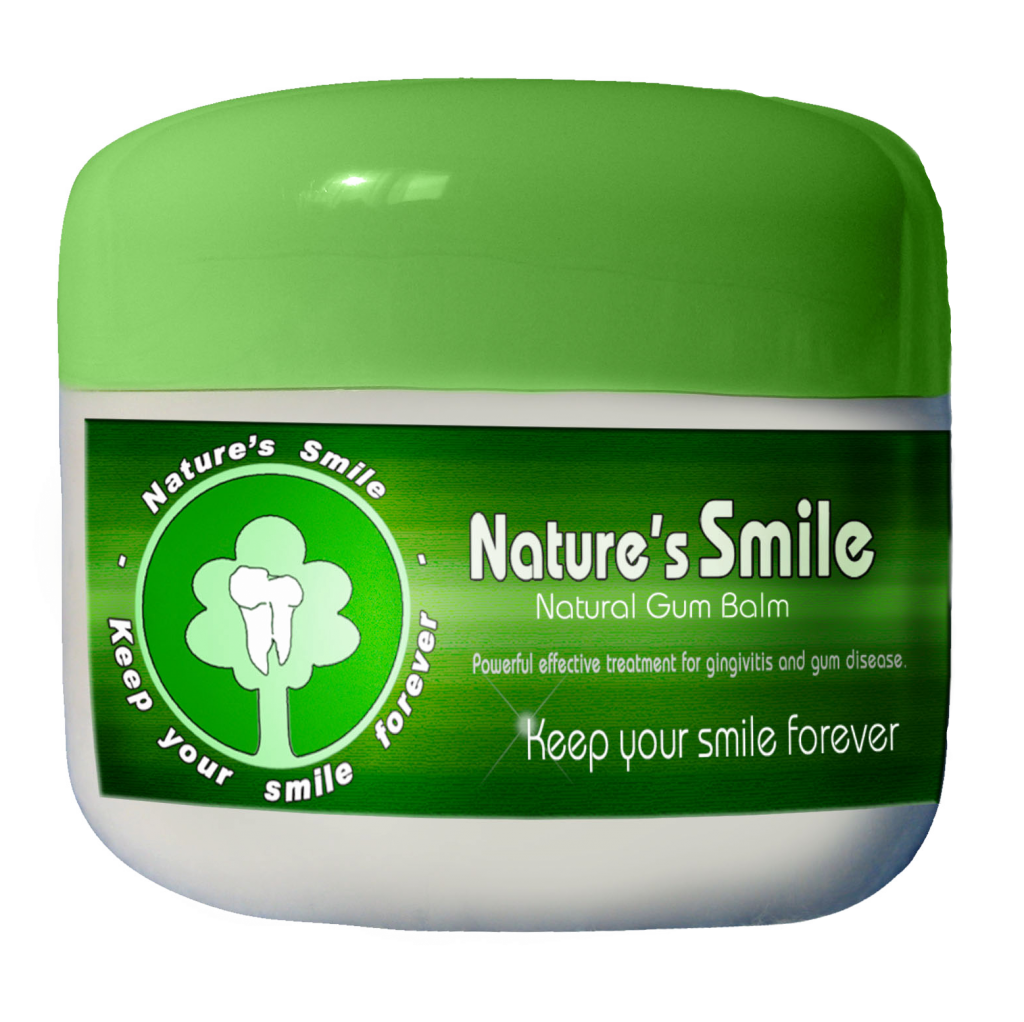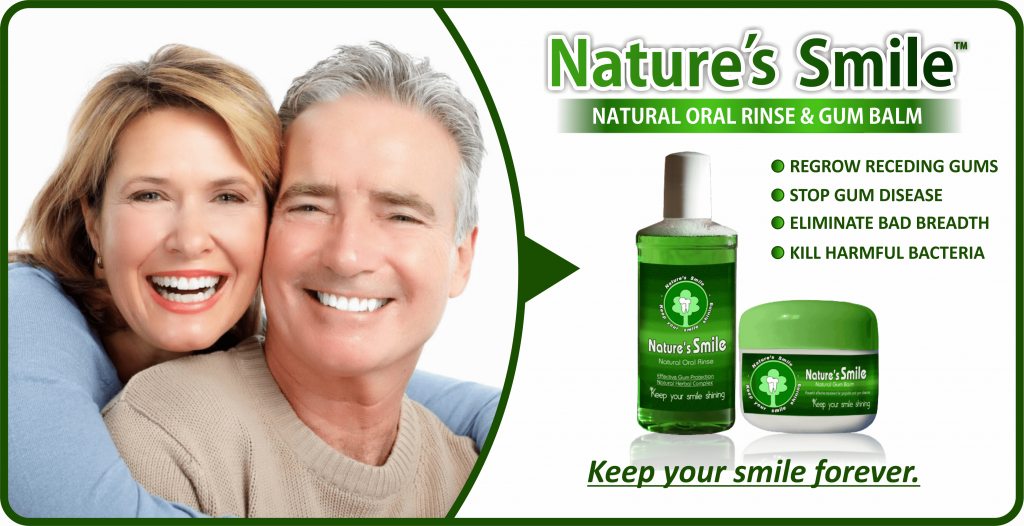Receding gums, or gingival recession, is a common dental condition in which the gum tissue surrounding the teeth is pulled away from the tooth surface and gradually wears away. Left untreated, receding gums can lead to more serious dental issues, such as periodontal disease and tooth loss. Treatments include antibiotics, antimicrobial mouth rinses, and surgery. Gum recession can’t be reversed, but treatment can prevent it from getting worse.
Fortunately, there are many treatments available to help restore receding gums and improve the overall health of your Mouth. You can keep your smile healthy and beautiful for years with proper care and treatment. From lifestyle modifications to surgical interventions, this guide will provide an overview of available treatments for receding gums.
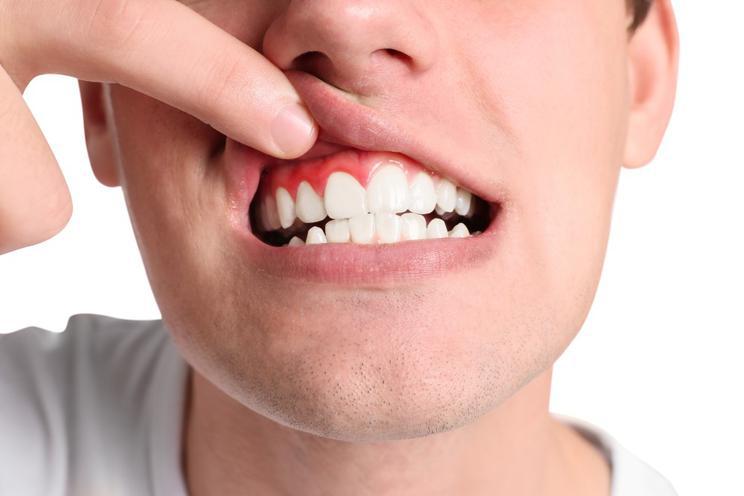
What Is Gum Recession?
Gum recession is when the gums pull away from the teeth, exposing more of the tooth and leaving it vulnerable to decay. This can lead to tooth sensitivity, pain, and an increased risk of gum disease or tooth loss. It is a common problem, but fortunately, it can be reversed with proper care and treatment.
Causes Of Gum Recession
Gum recession is usually caused by poor oral hygiene habits, such as not brushing or flossing regularly. It can also be caused by aggressive brushing, using a hard-bristled toothbrush, or grinding your teeth. Other causes include hormonal changes, certain medications, grinding your teeth, periodontal diseases,
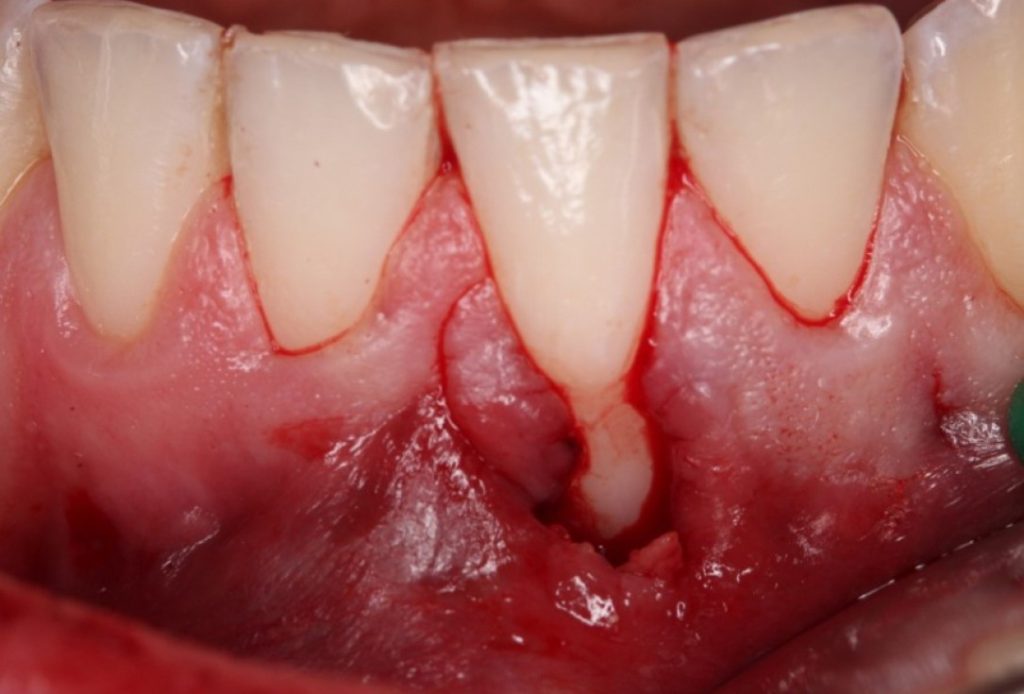
Who Does Affect The Gum Recession?
Gum recession can affect anyone, but it is more common in individuals who practice poor oral hygiene habits, such as not brushing or flossing regularly. It can also be caused by aggressive brushing, using a hard-bristled toothbrush, smoking, clenching or grinding your teeth, periodontal diseases, and crooked teeth. Some medical conditions, such as diabetes and hormonal changes, can also increase the risk of gum recession. Additionally, certain medications may cause tooth loss or receding gums.
Consequences Of The Gum Recession
The consequences of gum recession can be severe if left untreated. It can lead to tooth sensitivity, pain, and an increased risk of gum disease or even tooth loss. It can also cause cosmetic problems, such as discoloration of the teeth and an uneven gum line. can Receding gums fix make it difficult to properly clean your teeth and lead to further decay and infection?

When To See A Dentist For Receding Gums?
Receding gums can lead to more serious dental issues, such as periodontal disease and tooth loss. Treatments include antibiotics, antimicrobial mouth rinses, and surgery. Gum recession can’t be reversed, but treatment can prevent it from getting worse. further damage to your teeth and gums.
Prevention Of Gum Recession
•Regular Dental Visits
Regular visits to the dentist are essential for monitoring gum health and gingivitis gum problems early on.
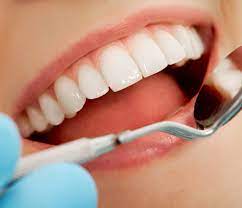
Good Oral Hygiene
Good oral hygiene habits, such as brushing and flossing regularly, can help reduce the risk of gum recession.
Proper Diet
Eating a balanced diet rich in vitamins and minerals can help promote optimal oral health.
Quit Smoking
Smoking can increase your risk of gum disease, so quitting is essential for maintaining healthy gums.
Regular gum massage can help reduce inflammation and promote gum health.
•Avoid Aggressive Tooth Brushing
Aggressive brushing or using a hard-bristled toothbrush can damage the gums, so it’s essential to use gentle strokes with a soft-bristled brush.
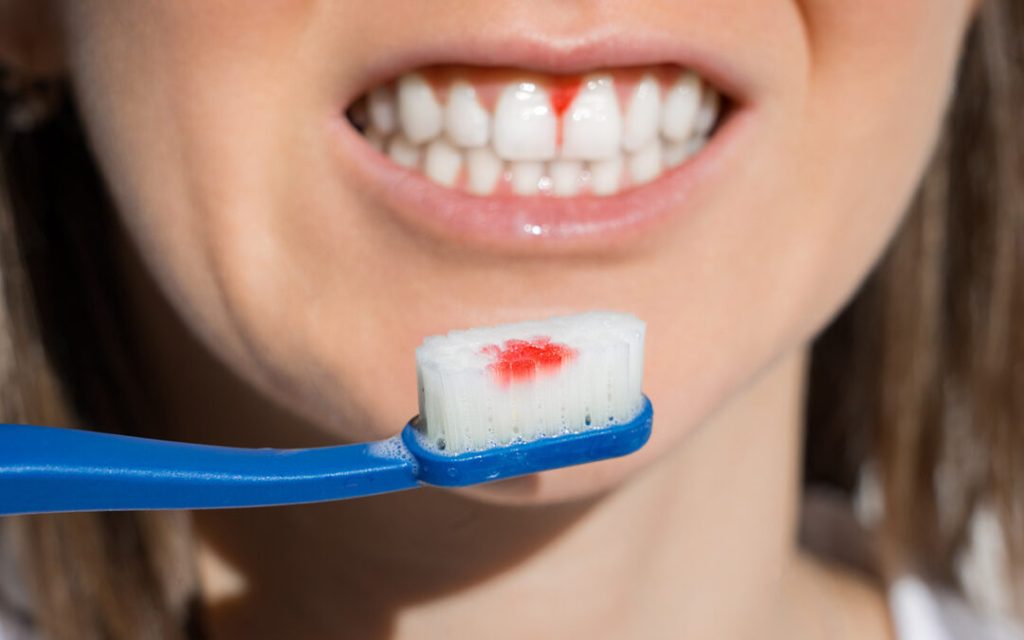
•Consult a Dentist
If you have signs of gum recession, it’s essential to consult your dentist as soon as possible.
What Is Nature’s Smile?
Natures Smile is an all-natural toothpaste formulated to help promote healthy teeth and gums. It contains natural ingredients such as vitamins, minerals, herbs, and essential oils that are designed to help reduce plaque buildup and inflammation in the mouth. Nature’s Smile also helps protect against gum disease, freshens breath naturally, and can even help reverse receding gums. It’s a great option for those looking to naturally improve their oral health.
Click Here To Visit Nature’s Smile Official Site
Treatment Options For Receding Gums
The methods are the following.
- receding-gums-grow-back-at-home
- Dentist-Recommended Treatments
- Surgery:
Home Remedies
- Saltwater Rinses
Saltwater rinses help fight bacteria and reduce inflammation.

- Tea Tree Oil
Tea tree oil is an effective antiseptic and can help kill harmful bacteria in the Mouth.
- Oil Pulling
Swishing a tablespoon of oil, such as coconut or sesame, around your Mouth can help reduce plaque buildup and improve gum health.
- Eating A Balanced Diet
Eating a balanced diet can improve gum health and reduce the risk of gum disease.
- Aloe Vera Gel
Aloe vera gel can help reduce inflammation and promote the healing of the gums.
- Antibacterial Mouthwash
Antibacterial mouthwashes can help kill bacteria and reduce the risk of gum disease.
- Baking Soda Paste
Baking soda paste can help neutralize acids in the Mouth and reduce plaque buildup.
- Turmeric Paste
Turmeric paste can help reduce inflammation and promote the healing of the gums.
- Hydrogen Peroxide
Hydrogen peroxide can help kill bacteria and reduce the risk of gum disease.
- Neem Leaves
Chewing neem leaves can help reduce inflammation and promote gum health.
- Vitamin C
Vitamin C can help boost the immune system and reduce the risk of gum disease.
- Use Nature’s Smile
Because it is made of all-natural ingredients and is very beneficial for the treatment of gum recession.

Dentist-Recommended Treatments
•Scaling And Root Planing
Scaling and root planing is a deep cleaning procedure to remove plaque and tartar buildup from beneath the gums.
•Gum Grafts
Gum grafts can help cover exposed roots and reduce the risk of further gum recession.
•Flap Surgery
Flap surgery is a procedure that involves lifting the gums and cleaning out any infected tissue beneath them.
•Antibacterial Medications
Antibacterial medications, such as antibiotics, may be prescribed to help reduce inflammation and fight infection.
Laser Therapy
Laser therapy can help reduce inflammation and promote the healing of the gums.
Gum Surgery
Gum surgery is a procedure that involves removing the diseased tissue, reshaping the gums, and reattaching them to healthy tissue.
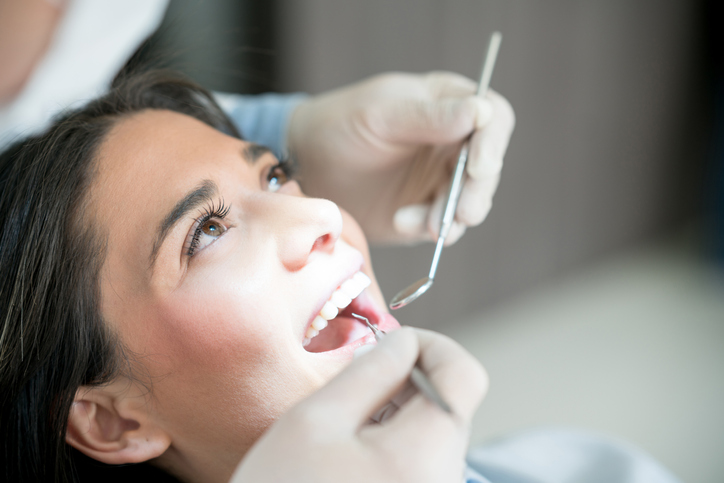
•Bone Grafting
Bone grafting can help replace lost bone and reduce the risk of tooth loss.
Crown Lengthening
Crown lengthening is a procedure used to reshape the gums and expose more of the tooth structure.
Dental Implants
Dental implants can replace missing teeth and improve chewing function.
It is essential to visit your dentist regularly to assess and monitor the health of your gums. gum recession treatment can help reduce the effects of gum recession and prevent further complications.
Surgical Treatment
Gum Rejuvenation
Gum rejuvenation is a surgical procedure used to restore the appearance of the gums.
Gum Contouring
Gum contouring is a surgical procedure used to reshape and sculpt the gums into a more aesthetically pleasing shape.
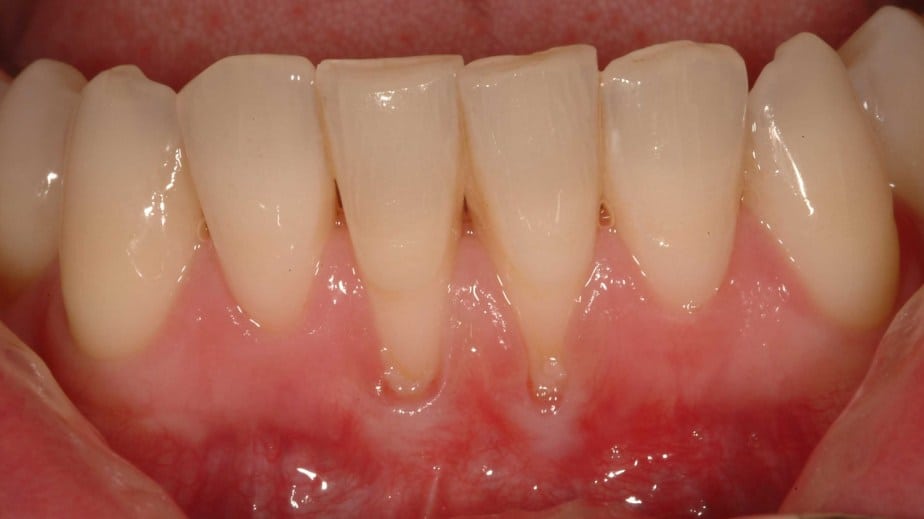
Crown Lengthening
Crown lengthening is a procedure used to reshape the gums and expose more of the tooth structure
•Regenerative Procedures
Regenerative procedures involve replacing lost bone and gum tissue with healthy material.
•Soft Tissue Grafts
Soft tissue grafts replace lost gum tissue and reduce the risk of further recession
.•Bone Grafting
Bone grafting can help replace lost bone and reduce the risk of tooth loss.
Laser Gum Surgery
how to cure periodontal gum disease naturally laser gum surgery is a minimally invasive procedure that may be used to remove the disease.
Gingivectomy
A gingivectomy is a surgical procedure used to remove excess gum tissue.
Speaking with your dentist about the risks and benefits of any procedures they may recommend is essential. Your dentist can help you make an informed decision about which treatment option is best for you.
Your dentist can provide personalized advice on caring for your teeth and gums and recommend the appropriate treatment options.

Alternative Solutions
•Herbal Supplements
•Acupuncture
•Probiotics
•Essential Oils
•Yoga and Meditation Practices
•Dietary Changes
•Relaxation Techniques
•Regular Exercise Routines.
•Stress Management Practices.
•Avoiding Certain Foods and Drinks.
•Quitting Smoking and Chewing Tobacco Products.
•Using Mouthwash Regularly.
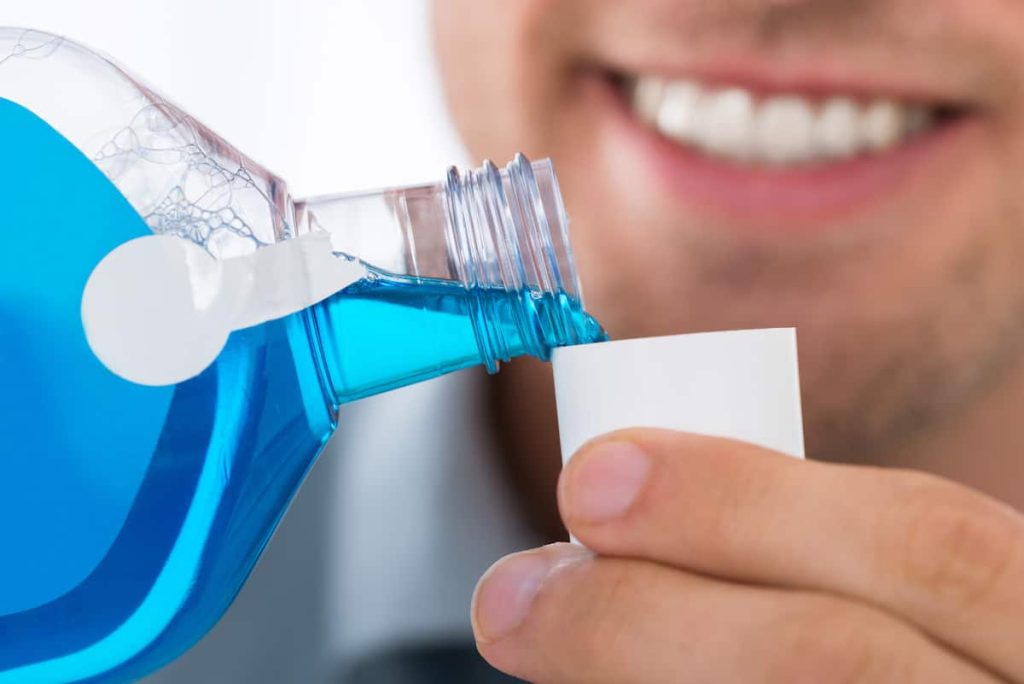
•Changing Your Toothbrush Frequently.
• Use a Water pick or Interdental Cleaners to Clean Between Teeth.
•Using Mouth Protections.
•Making Dietary Changes.
•Adding Vitamin C to Your Diet.
•Eating Foods Rich in Omega-3 Fatty Acids.
•Avoiding Grinding and Clenching the Teeth.
•Practicing Good Oral Hygiene Habits at Home.
•Having Your Dentist Monitor the Condition Regularly.
•Using Fluoride Treatments to Strengthen Tooth Enamel.
•Controlling Diabetes and Other Chronic Conditions.
•Using Orthodontic Treatments to Correct Bite Issues.
•Using Laser Gum Treatments as an Alternative Option.
•Getting Professional Cleanings Regularly.
•Using Night Guards to Protect Your Teeth During Sleep.
•Making Lifestyle Changes to Improve Overall Health.
•Using Alternative Treatments Such as Acupuncture and Herbal Remedies.
•Being Vigilant About Noticing Early Signs of Receding Gums.
•Knowing When to Seek Professional Treatment for Receding Gums.
•Using Fluoride Treatments to Strengthen Tooth Enamel and Reduce the Risk of Gum Recession.
•Applying an Antimicrobial Rinse to Reducing Bacteria in the Mouth.
•Taking Regular Supplements to Improve Oral Health.
•Using Natural Remedies Such as Tea Tree Oil and Coconut Oil to Treat Gum Disease.
•Being Cautious About Using Over-The-Counter Gels and Strips to Treat Gum Disease.
•Avoiding Certain Foods and Drinks Such as Sugary Sodas and Candies.
•Scheduling Regular Dental Checkups to Monitor Gum Health.
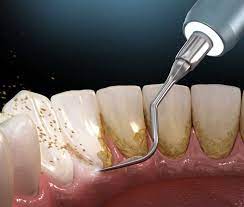
Frequently Asked Questions
Q: At what age do gums start receding?
A: Gum recession can occur at any age, but it is more common for people over 30.
Q: How do I know if I have a gum recession?
A: Some signs of gum recession include visible teeth roots, sensitive teeth and gums, and pockets between the teeth and gums. If you notice any of these symptoms, you should immediately consult your dentist.
Q: What is the fastest way to heal receding gums?
A: The fastest way to heal receding gums is by following a comprehensive oral health plan that includes proper brushing and flossing techniques, regular dental visits, quitting smoking, and avoiding foods or drinks that can cause further damage to the gums.
Q: What foods should I avoid if I have receding gums?
A: Foods and drinks high in sugar or acid should be avoided if you have receding gums. Examples include sugary sodas, candies, and acidic drinks like orange juice or lemonade.
Q: How can I rebuild my gums?
A: It is possible to rebuild your gums through a comprehensive oral health plan. This may include regular dental checkups, proper brushing, and flossing techniques, quitting smoking, and avoiding sugary or acidic foods and drinks.
Nature’s Smile – one solution For All Gum Problem
Conclusion
Gum recession is a common dental issue, but it can be managed effectively with proper treatment and care. With the right lifestyle changes, diet modifications, and expert guidance from your dentist, you can keep your gums healthy and prevent further damage to your teeth. Don’t wait until it’s too late – take control of your oral health and rebuild your gums today!
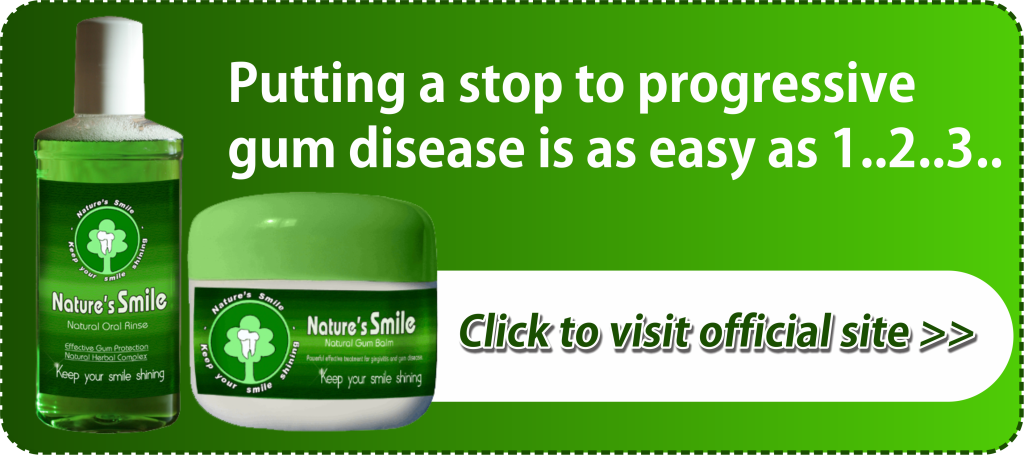
Damarion Haley stands as a prominent authority in the fields of Pediatric Dentistry and Dental Health Education, celebrated for her exceptional credentials and qualifications. Aims to provide a comprehensive insight into Damarion Haley’s impressive background, underscoring her pivotal role in the realm of children’s oral health and dental education.


